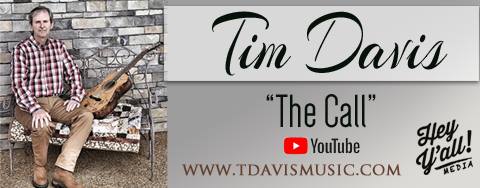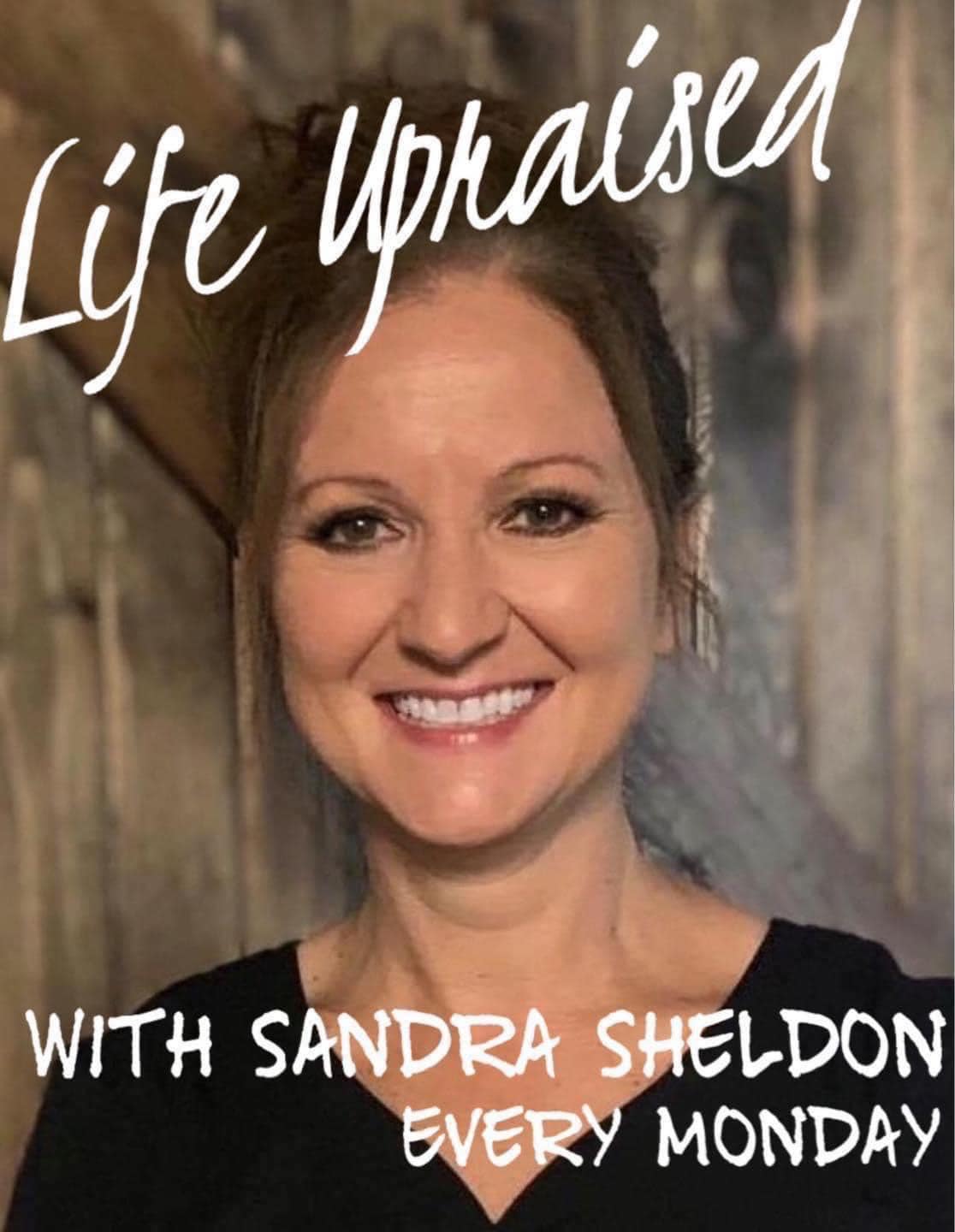 By Cheryl Smith
By Cheryl Smith
“Peace I leave with you, my peace I give unto you: not as the world giveth, give I unto you. Let not your heart be troubled, neither let it be afraid.”
— Jesus’ words in John 14:27
How many times have you uttered the two little words, “if only?â€Â “If only I hadn’t gone so far into debt.â€Â “If only I had been more respectful of my parents and their needs.â€Â “If only I had spent more time with my kids.â€Â “If only I hadn’t gained so much weight.â€Â “If only I hadn’t spoken such unkind words.â€Â “If only I had chosen a different path.â€Â “If only I had listened to wise counsel.â€
How about those other two little words, “what if?â€Â “What if the bottom falls out?â€Â “What if something bad happens?â€Â “What if I try again and fail again?â€Â “What if other people talk about me?â€Â “What if this relationship doesn’t work out?â€Â “What if I never find my purpose?â€Â “What if we can’t make ends meet?â€
Your “if onlys†and “what ifs?” may be worlds-apart different than mine, but there’s a good chance, if you have lived very long at all, you have amassed a huge pile of “if onlys†and “what ifs?” all your own.
These are the things “if onlys†and “what ifs†are made of. “If onlys†communicate remorse and regret over the past. “What ifs†convey fears and anxiety over the future. Both prevent us from living in complete joy in the present. If you are like me, you may teeter between the two on a regular basis. It sort of feels like an irreconcilable, futile tug-of war, lamenting one minute over things I wish I had done differently in the past and dreading unforeseen potentially bad things that may or may not happen in the future.
Can you envision just for a moment how much happier and more serene present life would be if we decluttered all “if onlys†and “what ifs†and never uttered those four words again? “If onlys†and “what ifs†are a complete waste of time and energy because the truth is, we cannot go back and make alterations, nor can we see or control what happens beyond the moment in front of us. “If onlys†and “what ifs†hold the power of rendering us incapable of experiencing joy in the beautiful parts of our own reality and they rob us of being able to live the peaceful life we all crave.
Remember the serenity prayer, “God grant me the serenity to accept the things I cannot change, the courage to change the things I can, and the wisdom to know the difference?â€Â (Written by Reinhold Niebuhr)
Acceptance, courage, and wisdom are quite possibly the three main qualities we all need on this path to a minimal life.
Acceptance of the things we cannot change—
What we sow will grow, and it is impossible to go back and unearth any of the seeds we have planted. We will never find a sense of peace until we make the choice to let go of regret and embrace that what has already happened cannot be undone. Regrets are past deeds for which we refuse to forgive ourselves. Surrendering the grudge we are holding against ourselves is extremely liberating and conducive to peace. It is completely okay to finally forgive yourself for doing the things you wish you hadn’t, leave the past where it happened, let it go, and walk on.
Courage to change the things we can—
Since we can’t rewrite the history of our own actions, why not focus our energy on learning the lessons our regrets have taught us and start courageously applying that knowledge to present and future behavior? Why don’t we stop obsessing over what we can’t do and redirect that energy to what we still can? While we can’t change the way we may have treated departed loved ones, we can recklessly and wholeheartedly love and care for the important people who are in our lives today. Whenever possible, we can say we’re sorry to people we may have hurt along the way. We can nourish relationships with our children and do our best to make up for lost time with them, regardless of their current age. We can scale back on unnecessary commitments and obligations and set our current priorities in order. We can pay off past debt and stop buying things on credit. We can make better eating choices, start exercising and lose excess weight. We can do whatever it takes to change career paths and start doing something we really love. We can start today by mustering the courage to do the things we wish we had done in the past. Life is incredibly short, no one is getting any younger, and there is no time like the present. Start today to make the changes you wish you had made years ago.
Wisdom to know the difference—
There is a sense of relief that can be found in the mere act of compartmentalizing the things that bother us. Just as it helps us feel more productive to place unwanted physical possessions into minimizing boxes that are labeled, “Donate,†“Sell,†“Trash,†and “Put Away,†tossing troublesome “what ifs†and “if onlys†into the “Things I Can Change†and “Things I Cannot Change†categories will help us feel that we are making progress and taking a step in the right direction. Making the distinction between what we can change and what we cannot change empowers us to take control over hypothetical circumstances and realign our thoughts with what is real and doable.
The enemy of our souls wants to steal, kill, and destroy everything good in our lives. If he can convince us to dwell on “if onlys” and “what ifs,” he can take our eyes off the blessings God so faithfully and bountifully pours into our lives. Jesus came to give us life. Not just existence, but life that is abundant.
“The thief does not come except to steal, and to kill, and to destroy. I have come that they may have life, and that they may have it more abundantly.” John 10:10
“If onlys†produce regret. “What ifs†generate anxiety. Both are toxic to our well being, and regardless how much progress we may have made in minimizing stressful situations and letting go of excess physical possessions, they can rob our newfound peace and cause our otherwise simple lives to feel unnecessarily complicated. The next time you are tempted to say, “if only†or “what if,†make the intentional decision to think of something about present life that you are thankful for, turn your eyes upon Jesus, and thank Him for that instead.

By Cheryl Smith
First published at www.biblicalminimalism.com  The post can be found HERE.
Prayer Action Leader for Concerned Women for America



